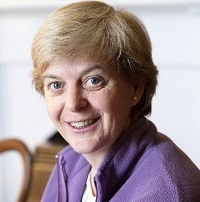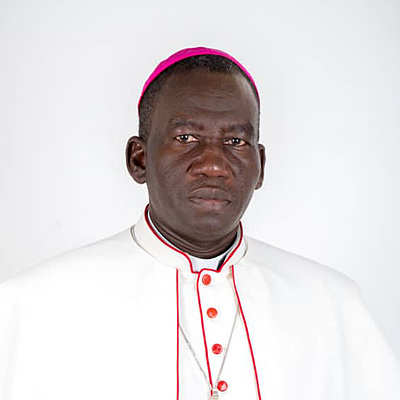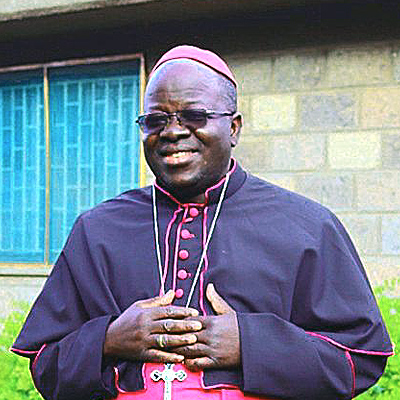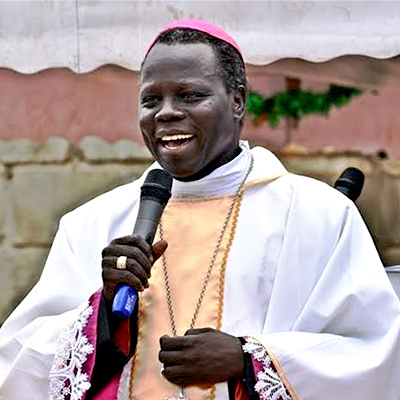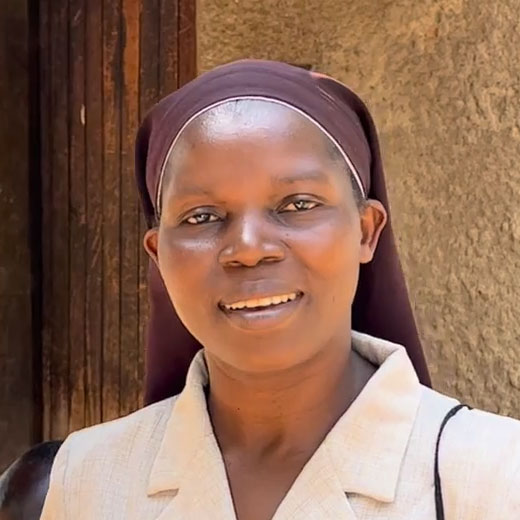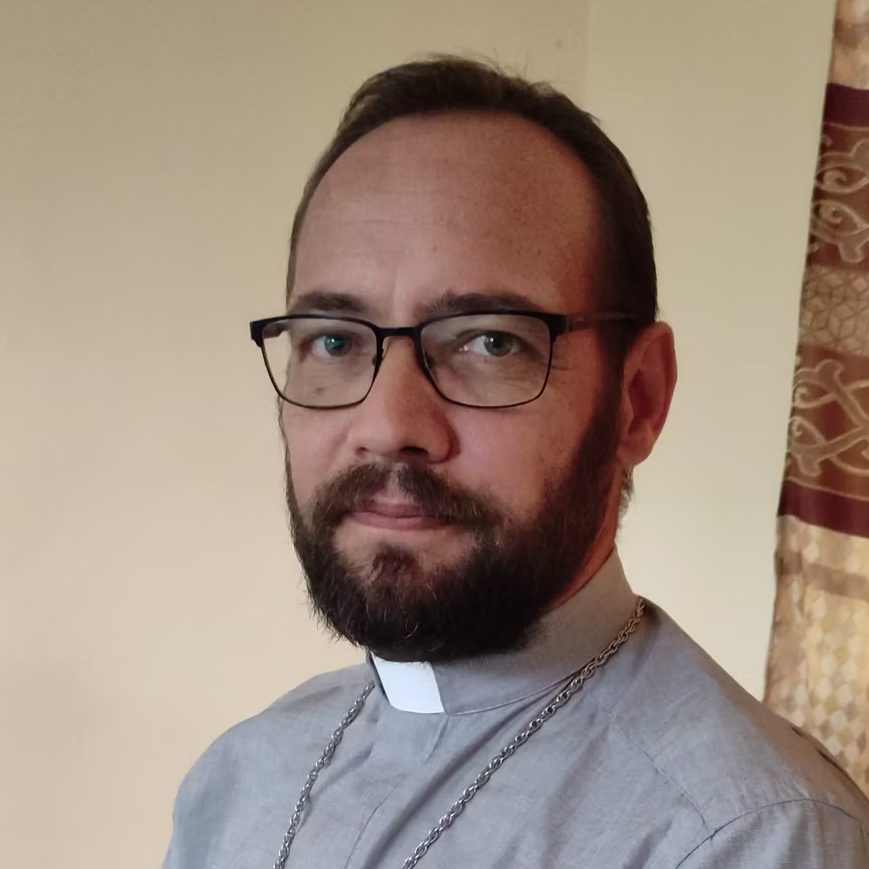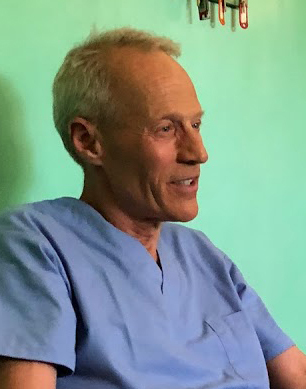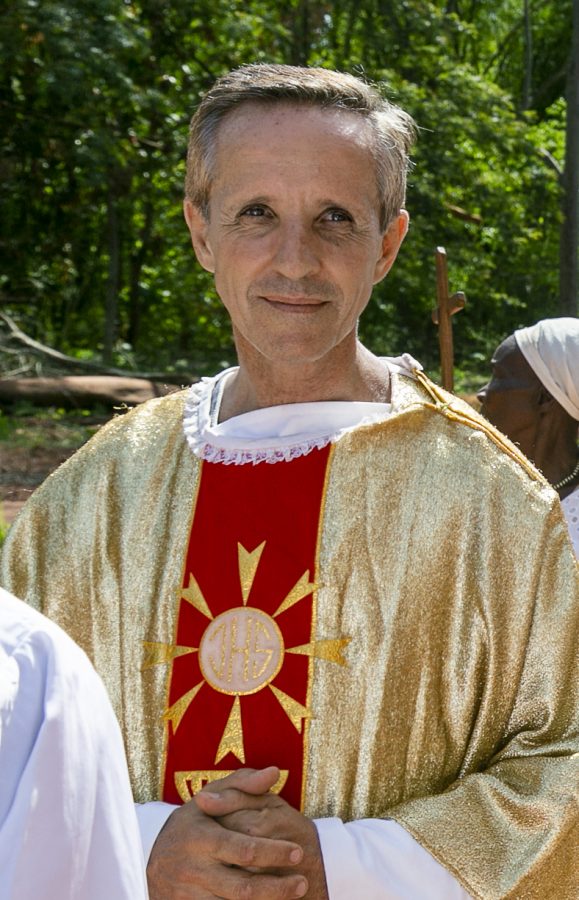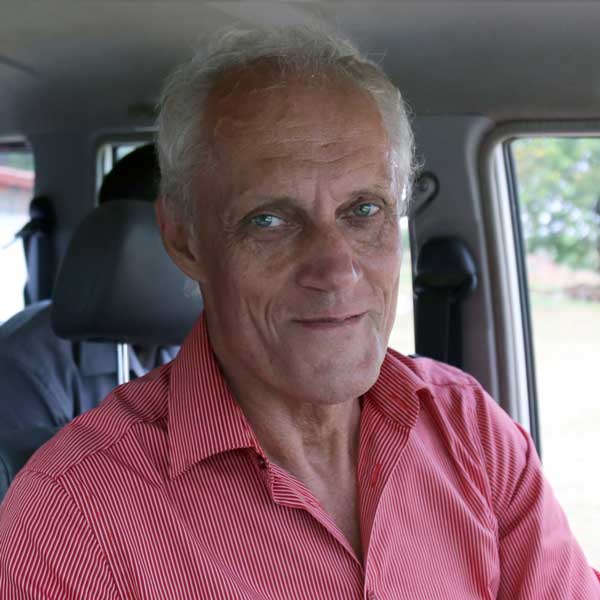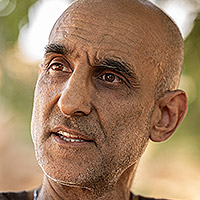Born in Bray, Ireland, Sister Orla Treacy joined the congregation of the Institute of the Blessed Virgin Mary (IBVM), known as the Loreto Sisters, after studying to become a teacher of religion. Sr. Orla started her mission in South Sudan after being touched by the plight of girls who were being forced into early marriage and denied the right to an education.
In 2006, the Irish nun became a Sudan Relief Fund partner after starting a girls-only boarding school in Rumbek, South Sudan. The funding she receives supports food programs and provides students with meals so they can receive proper nutrition. Today, Sr. Orla serves as Principal at the Loreto Rumbek Primary and Secondary School for at risk girls who would otherwise be out of reach.
Sr. Orla is a recipient of the 2019 U.S. State Department International Women of Courage Awards, which recognizes women around the globe who have demonstrated exceptional courage and leadership in advocating for peace, justice, human rights, gender equality, and women’s empowerments, often at a great personal risk and sacrifice.
Despite the devastating consequences of war in Rumbek, and the many barriers to girls in the community, Sr. Orla remains filled with hope, and the Loreto Schools stand as a beacon of light for future South Sudanese generations.
Sister Orla Treacy Q&A with Global Sisters Report

How many students attend the senior and primary schools in Rumbek, and what are the challenges for the schools?
Today, we have 500 boys and girls in our primary school. We could have 1,000 if we had room.
The secondary school now has 200 girls from different tribes and clans from all over South Sudan.
A big challenge is finding qualified teachers. Most qualified teachers do not find it easy to stay in teaching, as the NGOs and U.N. organizations are offering more attractive salaries.
Finance is also a big challenge for us. Parents struggle to contribute to their children’s education, and teachers struggle to survive on a low salary.
As a girls’ secondary school, we are constantly challenged with the issue of forced marriage. We now ask parents to sign a contract with the school allowing the girl to remain for four years of secondary school. Unfortunately, in our Dinka culture, the uncle may be the one with the power over the girl, so the parents are often helpless.
Has the conflict, which erupted in December 2013, affected Rumbek and the Loreto schools?
Thankfully, Rumbek has been relatively secure over the past few years. There are more arms available, and most of our young men have guns. Like most organizations, we have had to employ additional security guards, particularly at night. But thankfully, we have been able to open school every day and even continue our building.
But there is a lot of insecurity on the roads. That means that students who come to study with us from far away don’t find it easy to go home. Many of the girls prefer to stay in the school compound during school holidays and just travel home for the longer holidays at Christmas each year.
The ordinary people are tired of the fighting. They want peace, progress, development.
What are the challenges?
We never have enough places for the girls who want to come to the school. In 2016, we had 190 girls looking to come to the school, and we could only welcome 60 girls. This is always a challenge. We try to select girls from all communities and hope that they will be able to work as ambassadors.
What keeps you in South Sudan?
After 10 years, I like to think South Sudan is my home. To be part of building something is really wonderful. Most of our students are the first in their families to be educated. Students want to learn, and to be able to facilitate that is great.
As a missionary, every fiber of my being is challenged in South Sudan. It really is a great place. Beliefs and attitudes I had from Europe have all been challenged in one way or other, and I am constantly amazed.

